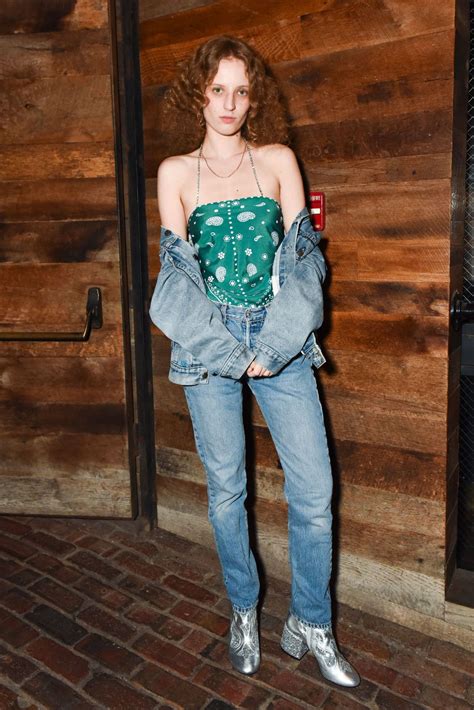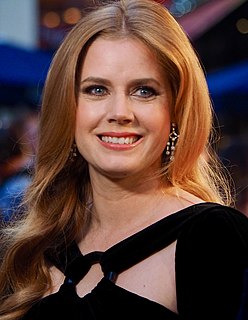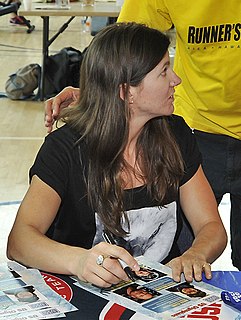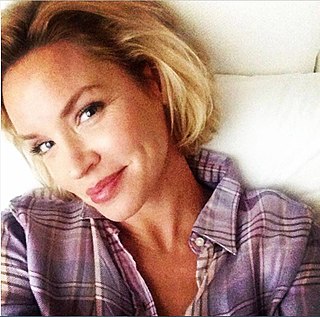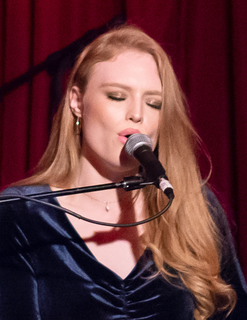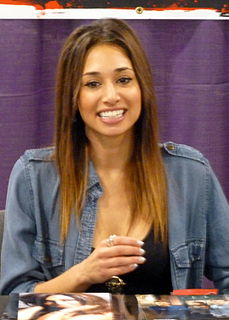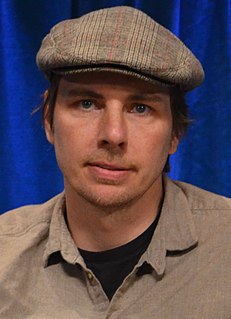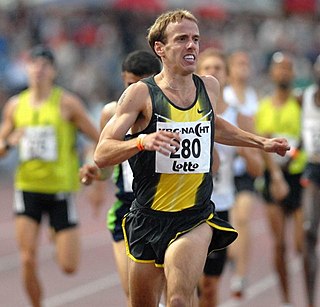A Quote by Petra Collins
From the beginning of puberty, I did really badly in school. I was super dyslexic; I was in special ed. I had a hard time reading and writing, so I thought that my self worth was in my looks, how I presented myself, and how other people perceived me.
Related Quotes
Reading is always a way of forming a bond with other people. I'm not very good at socializing - I quite like spending time alone - so reading is a way of engaging quite deeply with the way other people think. Quite often when you meet other people socially you don't get to have a conversation of any depth. You end up talking about how well or how badly someone is doing at school or something of that sort. Questions like, "What we are," "Who we are," "Where are we going," you get those from literature and from people that spend some time thinking.
I'm fascinated by what makes up a self, how one becomes a self, how much is it an answer to others and how much is it an essence of self. We learn how to be people from other people. Then you think - what's personal freedom? Is self-creation possible? This book is dedicated to a friend of mine who really did re-create herself. I didn't do that - I stayed in the circus and am a circus performer like my parents were. I did what I was raised to do - I'm glad I did but I'm fascinated by the people who managed to do something else. I was always very curious about other people.
2006 Games -by then, my identity had started to shift. Before that, my identity was in snowboarding. That's how people knew me and that's how I knew myself. That's where I got a lot of my self worth. That began to shift and I started to understand that I didn't get my worth from people or from the things that I did. It was from Christ. If I hadn't had that shift in my life, I think my world would have come crumbling down.
I made a conscious decision when I was writing that book to depict in real time how I treated it, and how I thought about it, and how I portrayed it to other people, because I wanted the story to be one of change from that to a more honest appraisal, a more accepting appraisal of myself and other people in that world.
How as an actress are you meant to inhabit other people if you haven't lived? How are you meant to play someone who gets the bus to work or has a part-time job or whatever if I've never experienced any of it myself or if I haven't been to school? How does that make me someone that people can relate to? I don't think it's possible really.
It's been a wild ride. I hope people can appreciate how special it is to see the people that ran well today; how special and sometimes fleeting greatness can be even from yourself. I gave it everything I had and for a short period of time I did very very well and I'm very proud of that and I'm leaving it at that. I did the best I could.
Up until then I'd thought that white people and colored people getting along was the big aim, but after that I decided everybody being colorless together was a better plan. I thought of that policeman, Eddie Hazelwurst, saying I'd lowered myself to be in this house of colored women, and for the very life of me I couldn't understand how it had turned out this way, how colored women had become the lowest ones on the totem pole. You only had to look at them to see how special they were, like hidden royalty among us. Eddie Hazelwurst. What a shitbucket.
